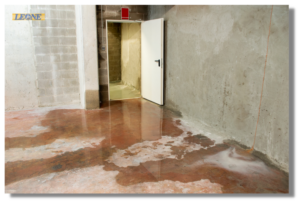
A slab is a layer of plain concrete that is used to create flat surfaces like roof decks, ceilings, and floors. It is a thick structure that is supported by beams, columns, walls, or the ground. Sturdy as it may seem, a slab is still vulnerable to leaks. Slab leaks may lead to costly repairs due to water damage and the leaking wastewater can be a health hazard. There is no better solution than slab leak repair. But how is it done? Let’s talk about the different types of slab leak repair and what causes slab leaks.
How Can You Tell That A Home Or Building Needs A Slab Leak Repair?
Slab leaks are very common in older homes or buildings since they use galvanized steel pipes or copper which are prone to corrosion. When the pipes deteriorate, it releases water and even sewage under the structure. Faulty installation of pipes is also one of the culprits. Another contributing factor to slab leaks is the
natural shifting of soil, underground stream, and even earthquake. The pressure brought by these natural ground movements may cause the lines to break which leads to slab leaks. Since all of these happen underneath, it is very hard to identify a slab leak. However, there are signs to watch out for. The following signs can tell you that you need a slab leak repair.
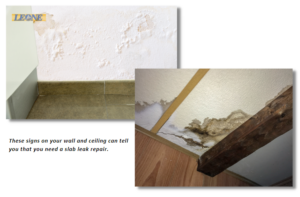
- Warm spots or water stains on the floor.
- Foul odor from floors and walls.
- Cracks on floors, walls, and ceilings.
- Unusual water puddles around the house or building.
- Visible soil shifts around the structure.
- Uneven growth in lawn or foundation plants.
Different Types Of Slab Leak Repair
There are different types of approaches when it comes to slab leak repair. Depending on the impact of the damages, here are some of the different types of slab leak repair.
Slab Replacement
In worst-case scenarios, the entire slab may need to be replaced if the leak caused large damages and if the pipes are in bad condition. This is a very disruptive method and expect that it can affect your regular household or business activities.
Pipe Repair
Pipe repair requires fixing the damaged area of the pipe. This may involve replacing a section of the pipe, patching, or sealing the leak.
Trenchless Repair
A trenchless repair is the least disruptive solution since there is no need to demolish the structure.
Pipe Rerouting
This repair option is ideal if there is difficulty to access the leak and if the pipes are in poor condition. Rerouting bypasses the old pipes by running new pipes alongside them.
Don’t Take Slab Leaks Lightly!
Slab leaks can create serious damage to your property. It can damage the walls, floors, and foundation of your home or building. The longer that it’s left untreated, the more damage it can do! Let our expert plumbers help you with your urgent slab leak repair.
Contact us to schedule an appointment.
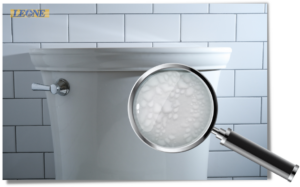 Have you noticed sweat-like droplets around your toilet tank? If you do, is it something that you should be concerned about? Toilet sweating is caused by the moisture or condensation on the toilet tank. This condensation leaves your bathroom floor damp for several days. Let’s talk more about toilet sweating and what can we do about it.
Have you noticed sweat-like droplets around your toilet tank? If you do, is it something that you should be concerned about? Toilet sweating is caused by the moisture or condensation on the toilet tank. This condensation leaves your bathroom floor damp for several days. Let’s talk more about toilet sweating and what can we do about it.
 If you keep on seeing puddles of water around the toilet and on the bathroom floor, it can be more than toilet sweating. It’s possible that the culprit is not the condensation on the toilet tank. You might be dealing with a serious plumbing issue! If this happens, call us right away to have your toilet checked and fix.
If you keep on seeing puddles of water around the toilet and on the bathroom floor, it can be more than toilet sweating. It’s possible that the culprit is not the condensation on the toilet tank. You might be dealing with a serious plumbing issue! If this happens, call us right away to have your toilet checked and fix. 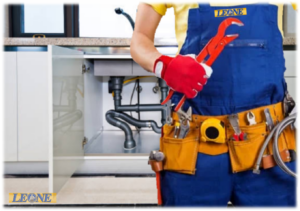 Working with plumbing issues nowadays can be done DIY through the available resources we can find online. But let’s face it! Fixing water pipes for example is not fun to deal with. It requires skills, experience, and extensive training like a master plumber. Not everyone is gifted with working hands that can fix plumbing issues. There is nothing wrong with DIY plumbing. But how keen are you to do the job? If saving money is the reason why most homeowners are resorting to DIY repairs, it can also be more costly if the DIY repair effort goes wrong.
Working with plumbing issues nowadays can be done DIY through the available resources we can find online. But let’s face it! Fixing water pipes for example is not fun to deal with. It requires skills, experience, and extensive training like a master plumber. Not everyone is gifted with working hands that can fix plumbing issues. There is nothing wrong with DIY plumbing. But how keen are you to do the job? If saving money is the reason why most homeowners are resorting to DIY repairs, it can also be more costly if the DIY repair effort goes wrong.
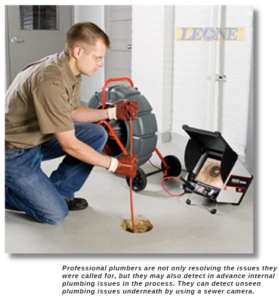
 A slab is a layer of plain concrete that is used to create flat surfaces like roof decks, ceilings, and floors. It is a thick structure that is supported by beams, columns, walls, or the ground. Sturdy as it may seem, a slab is still vulnerable to leaks. Slab leaks may lead to costly repairs due to water damage and the leaking wastewater can be a health hazard. There is no better solution than slab leak repair. But how is it done? Let’s talk about the different types of slab leak repair and what causes slab leaks.
A slab is a layer of plain concrete that is used to create flat surfaces like roof decks, ceilings, and floors. It is a thick structure that is supported by beams, columns, walls, or the ground. Sturdy as it may seem, a slab is still vulnerable to leaks. Slab leaks may lead to costly repairs due to water damage and the leaking wastewater can be a health hazard. There is no better solution than slab leak repair. But how is it done? Let’s talk about the different types of slab leak repair and what causes slab leaks.

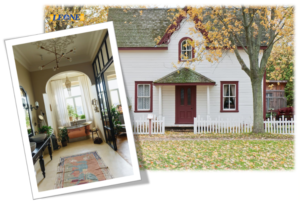 The good old days always bring nostalgic memories. Memories that are worth remembering especially if they happened in an old house. Older homes usually treasure cherished moments with family and friends. That is why for someone who owns an old house, it is very important to maintain each aspect of its structure including the plumbing system.
The good old days always bring nostalgic memories. Memories that are worth remembering especially if they happened in an old house. Older homes usually treasure cherished moments with family and friends. That is why for someone who owns an old house, it is very important to maintain each aspect of its structure including the plumbing system.
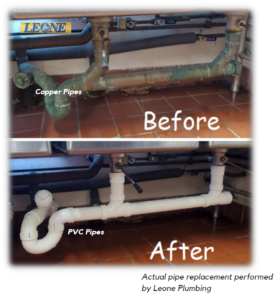
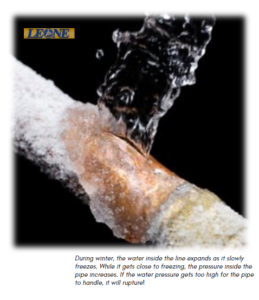 Pipes freezing during the winter season can bring trouble to your plumbing system. How long can your pipes stand the freezing temperature and when should you be worried about pipes freezing? Let’s talk about the issue that freezing pipes can bring and the precautions that everyone can take.
Pipes freezing during the winter season can bring trouble to your plumbing system. How long can your pipes stand the freezing temperature and when should you be worried about pipes freezing? Let’s talk about the issue that freezing pipes can bring and the precautions that everyone can take.
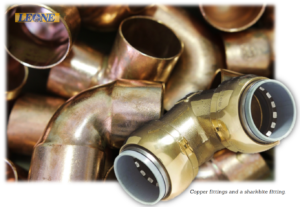 Sharkbite fittings have been a revolutionary innovation when it comes to plumbing repairs. Installing a sharkbite fitting is simple to use and convenient. In minutes, you can easily connect or fix leaks without soldering and replacing the pipes. However, if you ask professional plumbers, soldering pipes is still better. Let’s talk about the pros and cons of installing a sharkbite fitting to determine which is best for you.
Sharkbite fittings have been a revolutionary innovation when it comes to plumbing repairs. Installing a sharkbite fitting is simple to use and convenient. In minutes, you can easily connect or fix leaks without soldering and replacing the pipes. However, if you ask professional plumbers, soldering pipes is still better. Let’s talk about the pros and cons of installing a sharkbite fitting to determine which is best for you.